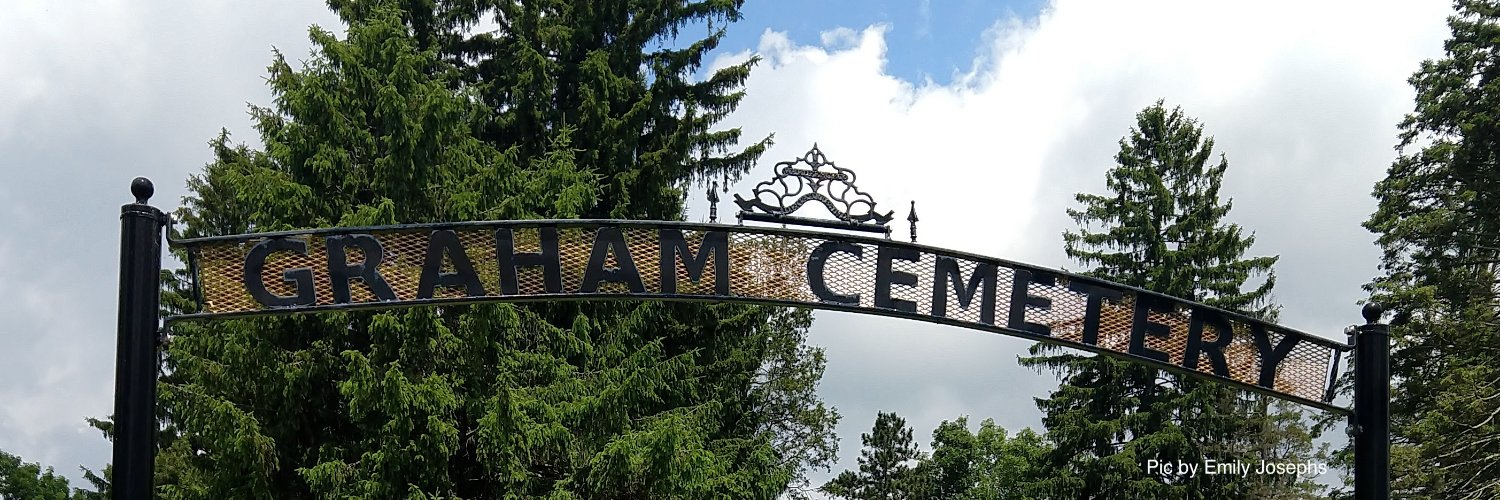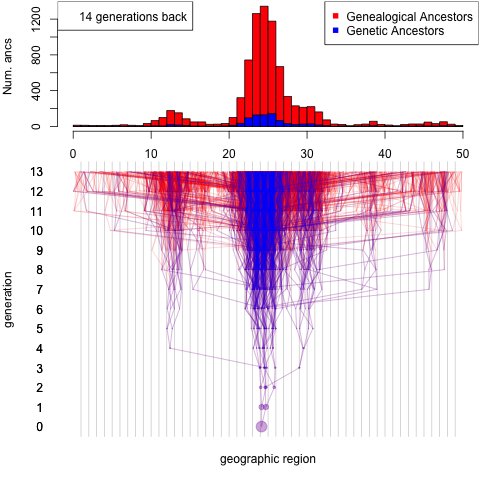
Graham Coop
@Graham_Coop
Popgen @UCDavis. @[email protected] . Tweets, grammar, & spelling are my views only.He/him. #OA popgen book https://github.com/cooplab/popgen-notes
Your ancestors lived all over the world, but relatively few of them were your genetic ancestors (does that matter?) gcbias.org/2017/12/19/162…

#PrivateEquity owned Global Medical Response is also one of the biggest funders of #Prop35. The same PE firm that bankrupted Toys R Us is coming for our Medi-Cal program. #NoOn35 @healthaccess @JimWoodAD2 @CPEHN @CourageCA
#PrivateEquity is everywhere. Let's start here: Shell, Exxon, Chevron, Unocal don't own gas stations. They are "Sometimes [owned] by private equity firms and they can raise prices very liberally because -- simply because -- they can" abc7.com/california-gas… 🧵
I wrote a bit about the two very interesting studies of siblings/families from last week. Tan et al. family GWAS (medrxiv.org/content/10.110…) and Sidorenko et al. sibling heritability estimates (nature.com/articles/s4158…). A few surprising findings summarized here: 🧵
Looking for examples for class of STRUCTURE-style bar plot of hunter gather, early farmer, and steppe ancestry proportions for Europeans. Arranged temporally to shows various turn overs. Looking for something broad in temporal scope but simple enough to talk undergrads through.
Chapter 3.4 describes how ancient DNA has reshaped our understanding of the human past.
Two new chapters from my free online book in human genetics out this weekend! These complete Part 3 of the book, on human population structure and history: 3.3: Inferring human prehistory from genetic data [this thread] 3.4: Ancient DNA [next thread] web.stanford.edu/group/pritchar…
I'm delighted to release the first half of my new open-access online textbook in human population genetics: web.stanford.edu/group/pritchar…
Excited to share this new preprint with @spence_jeffrey_ and @DocEdge85 in which we developed a method to infer demographic history and mutation rates from millions of genomes, and applied it to gnomAD v4 data. Read on for a brief thread! biorxiv.org/content/10.110…
Estimation of demography and mutation rates from one million haploid genomes biorxiv.org/cgi/content/sh… #biorxiv_genomic
Really interesting new paper from Akbari et al. identifying a lot more selection in ancient DNA than previous approaches. I think it gets at three core challenges for this type of analysis where our understanding is still limited. 🧵
Congratulations to Ali Akbari @aliakbari23 on his amazing new work on selection in Western Eurasia that is finally released as a preprint after years of painstaking work. Accompanying it is a selection browser (beta) reich-ages.rc.hms.harvard.edu biorxiv.org/content/10.110…